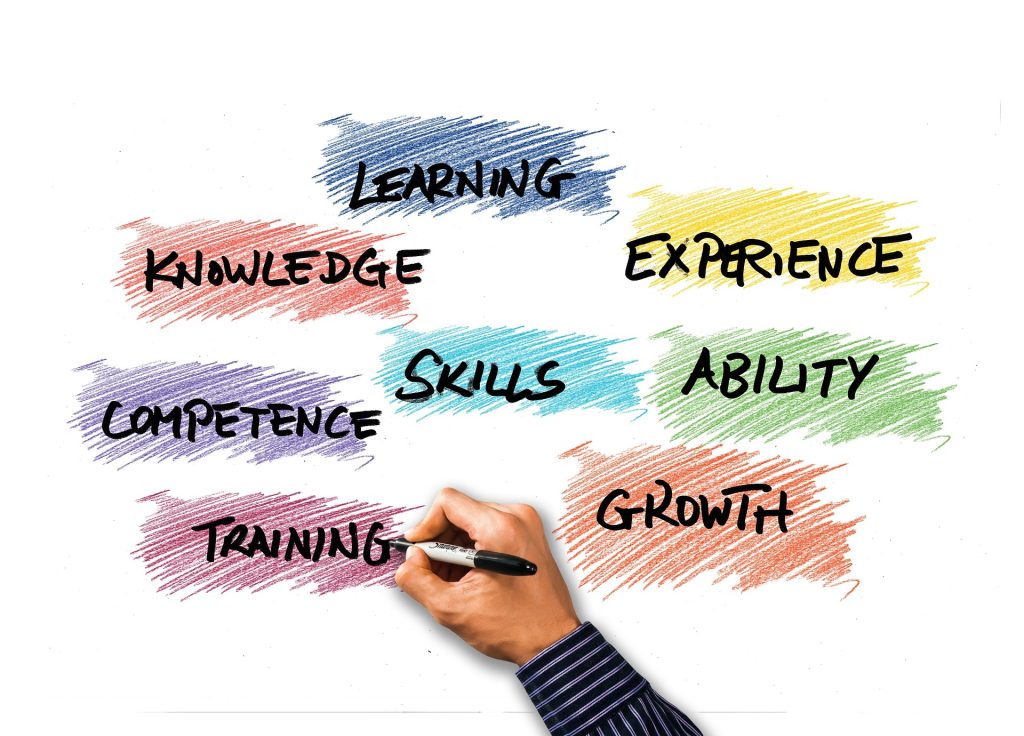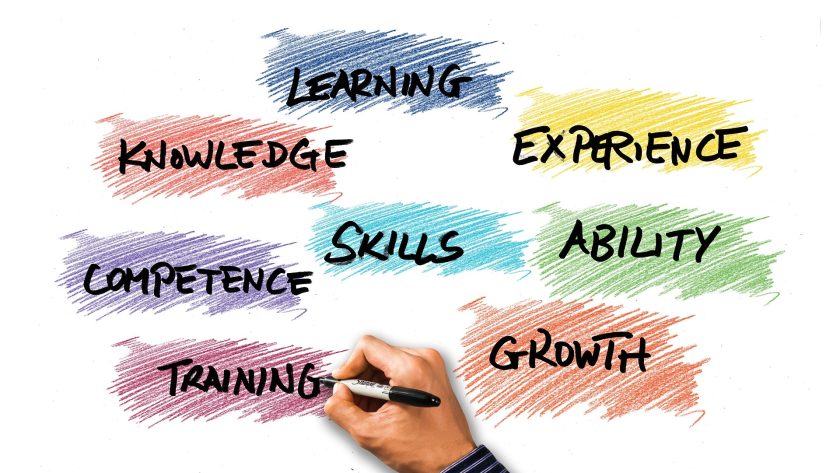
Understanding the neural pathways involved in learning and change is fundamental to enhancing the coaching experience. Groundbreaking neuroscience reveals that effective coaching strategies, such as employing empathy, setting achievable goals, and utilizing positive reinforcement, align closely with how our brains form new habits and dismantle old ones. The brain’s plasticity is at the heart of this transformation, supporting the modification of thoughts and behaviors in response to consistent, focused coaching interventions. Techniques grounded in mindfulness and visualization tap into this plasticity, helping individuals to rewire their thought patterns and adopt new, more constructive behaviors. Moreover, neuroscience highlights the importance of emotional regulation in achieving personal growth and resilience. By leveraging these insights, coaches craft approaches that foster cognitive shifts and nurture emotional well-being, thereby amplifying the effectiveness of their coaching efforts and facilitating profound, lasting change.
Continuous Improvement: The Coach’s Journey
In the realm of coaching, the path to mastery is unending. A commitment to personal and professional evolution is the hallmark of an effective coach. Through introspection, embracing feedback, and a dedication to lifelong learning, coaches progressively sharpen their abilities. On the surface this pursuit enhances their toolkit; it is a deeper journey towards understanding the dynamic nature of human development and the subtle art of facilitating change. By engaging in this continuous cycle of growth, coaches refine their strategies and techniques, plus contribute to the richness and depth of the coaching field itself. Each step forward enriches their capacity to partner with others on their transformative journeys, underscoring the essential nature of continuous improvement in the coaching profession.




